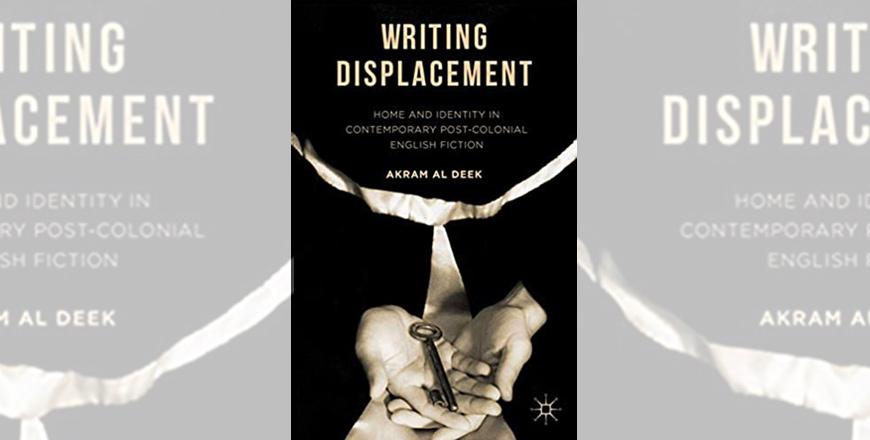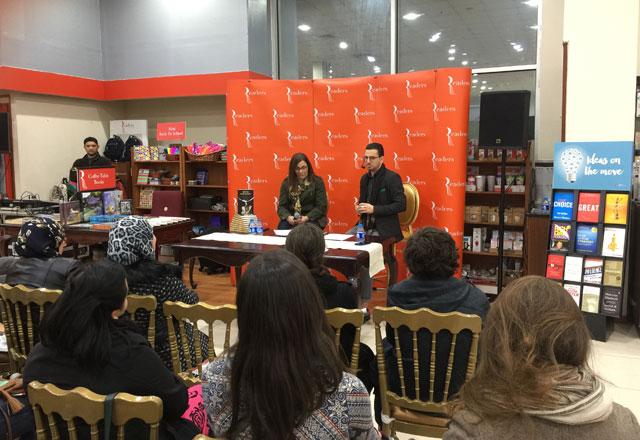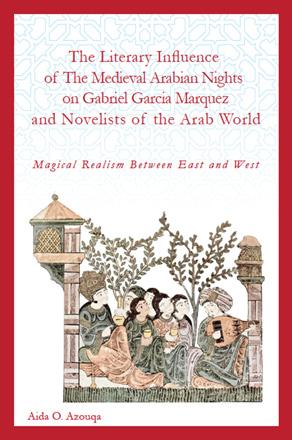You are here
Nostalgia or celebration?
By Sally Bland - Aug 30,2020 - Last updated at Aug 30,2020

Writing Displacement: Home and Identity in Contemporary Post-Colonial English Fiction
Akram Al Deek
London: Palgrave Macmillan, 2019
Pp. 204
Harnessing cultural, literary and post-colonial theory, as well as psychology and his own Palestinian background, Akram Al Deek examines the literature produced by Caribbean/West Indian and Asian immigrants and their offspring in Britain from the 1950s up till the early 2000s. Being displaced, he contends, positions these writers somewhere on the spectrum between nationalism and nomadism, between being ghettoised by their origins and racism, and the creativity engendered by multiculturalism. As noted by Edward Said and other literary critics, being an outsider gives displaced writers critical distance that allows for a new, creative take on the world. “Burdened with colonial history and being ‘out of place,’ writings by displaced writers with their hyphenated identities have altered the literature of England in its language and cultural identity” and to some extent created a new ethnicity: black British. (pp. 1-2)
In addition, writers such as Trinidadian Sam Selvon, Bangladeshi-British Monica Ali, Indian-origin Salman Rushdie and others honed a new language and way of telling their story, which Al Deek refers to as english with lower-case e. “This english displaces the traditional and colonial English language because it is dipped in Indian chutney and sweetened with Caribbean sugar; it dances to the rhythms of reggae and bhangra [South Asian music genre]; it is wounded by a colonial past and history yet healed by a postcolonial present and continuity.” (p. 11)
Al Deek analyses different aspects of displacement: geographical, psychological, cultural, linguistic, etc. He shows how nostalgia and memories of home are an integral part of the experience of displacement, especially for the first immigrants, while successive generations exhibit the creative potential of the experience. For many, the act of writing was an attempt to find meaning in the world, whether the world they left behind or the new one into which they arrived. The fact that displacement is continuous is illustrated by many references to the Palestinian exile experience. However, it is inexplicable that Al Deek refers to “returning members of the Jewish Diaspora in 1948” (pp. 48-49), whereas several well-known Jewish and/or Israeli writers have shown that Jewish immigrants to Palestine after 1948 were not largely descendants of the Biblical-age Jews (see Shlomo Sand and Abraham Leon). Perhaps the author is speaking metaphorically in this case.
The book divides the writers under consideration into two generations. First was the Windrush Generation, named after the ship that brought a significant number of Caribbean islanders to England in 1948, seeking jobs which were scarce in their home countries By virtue of their colonial education, the Windrush Generation was well-versed in the English way of life, being English-speaking Christians who had studied Shakespeare and Wordsworth; still, they didn’t easily fit in. With the exception of V. S. Naipaul, who seemed to revel in rootlessness, they were plagued by nostalgia and dreams of return to their native country. “Characteristics of this generation’s style of writing revolved around the psychological anxiety implied in the emigrant’s disappointments and dissatisfactions with the Mother Country. Although recurrent in the writings of later generations, racial discrimination and emphasis on cultural differences are more evident and central to the writings of the Windrush Generation… Indeed, the problematics of displacement for pioneer emigrants overbalance the poetics.” (pp. 81 and 108)
In contrast is the second wave of immigrants, which Al Deek dubs the Masala Fish Generation to denote their hybridity, masala being the south Asian spice and fish the British staple. Most in this generation have spent their formative years in Britain and are thus more integrated. They come from more different countries, including India, Pakistan, Japan, China, Bangladesh, Egypt, Nigeria; a number of them have mixed parentage, and they live in today’s multicultural Britain. Still, their writing is informed by displacement, despite defining home, memory and identity differently. Lacking in nostalgia for an ancestral homeland, they are more likely to celebrate their multiple belongings, choosing not to assimilate or belong to any one culture. “They also indicate the possibility of translating between East and West, past and present, tradition and the modern.” (p. 121)
Members of the Masala Fish Generation are well-known on the international literary scene today, writers such as Hanif Kureishi, Salman Rushdie, Monica Ali, Zadie Smith, Timothy Mo, Farrukh Dhondy, Caryl Phillips, Jean Rhys, and others.
To back up his views on displacement, Al Deek analyses dozens of seminal novels and semi-autobiographical stories, produced by the Windrush and Masala Fish Generations, which he considers to have revitalised British literature, as well as contributed to world literature. His survey of these books is fascinating and makes one want to read them.
Al Deek was born in Jordan and is part of the academic community here, being assistant professor at the University of Madaba. He writes with academic meticulousness and intellectual honesty. The book is dense and not always easy to read but it is worth it for the new horizons it opens. In the concluding chapter, Al Deek states his aim with this book: “Advocating cultural diversity… to contribute to an ethic of the valuing of cultural inheritance… and also the promotion of the sharing of cultural values” as a way to prevent conflict. (p. 169) “Writing Displacement” is available at Books@cafe, as is Al Deek’s memoir, “The Eucalyptus Tree”.
Related Articles
AMMAN — While modernist writers often associated displacement with loss and melancholic nostalgia, contemporary writers relate the same expe
The Literary Influence of the Mediaeval Arabian Nights on Gabriel Garcia Marquez and Novelists of the Arab WorldAida O.
The Palestinian Novel: From 1948 to the PresentBashir Abu-MannehUK: Cambridge University Press, 2018Pp.

















